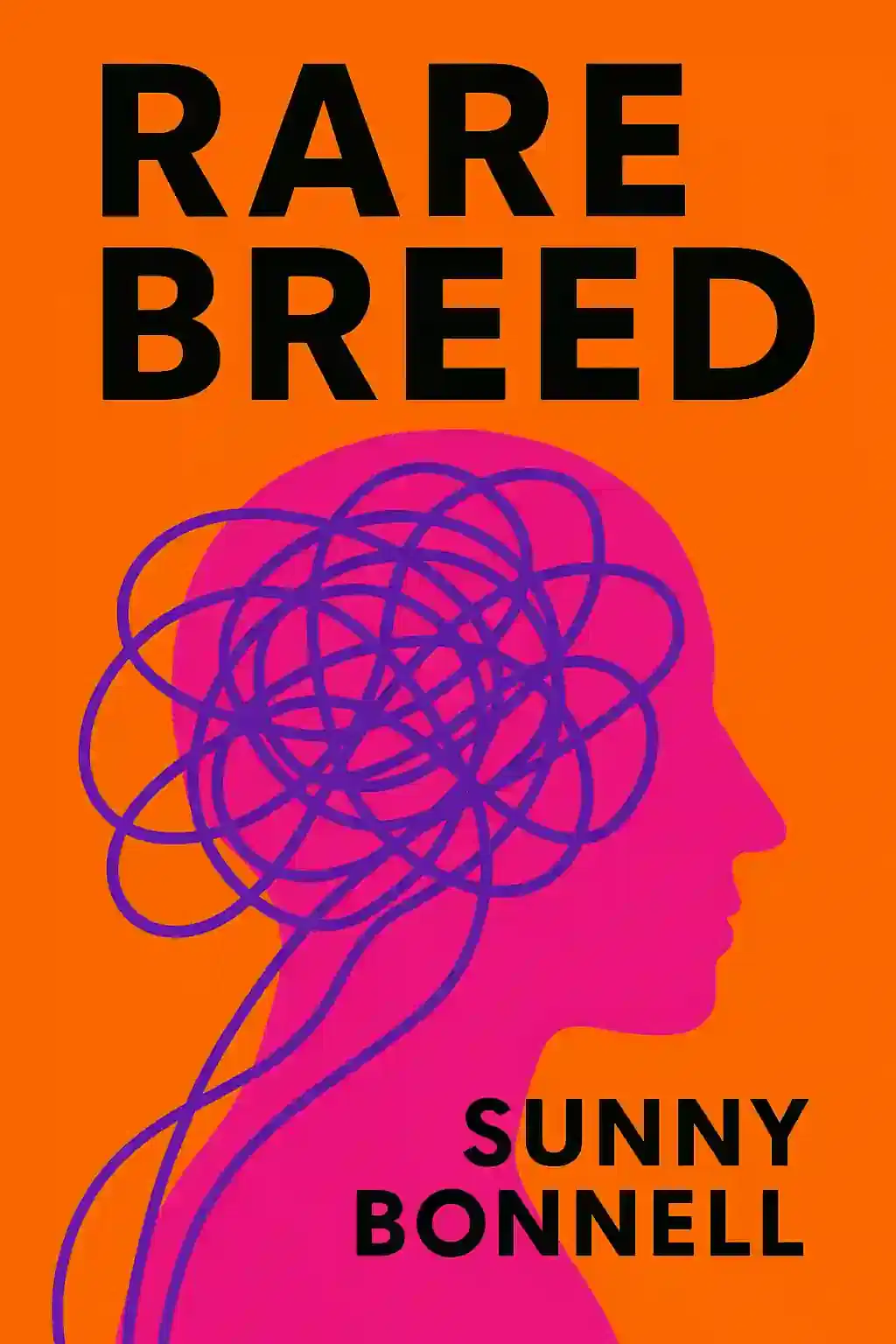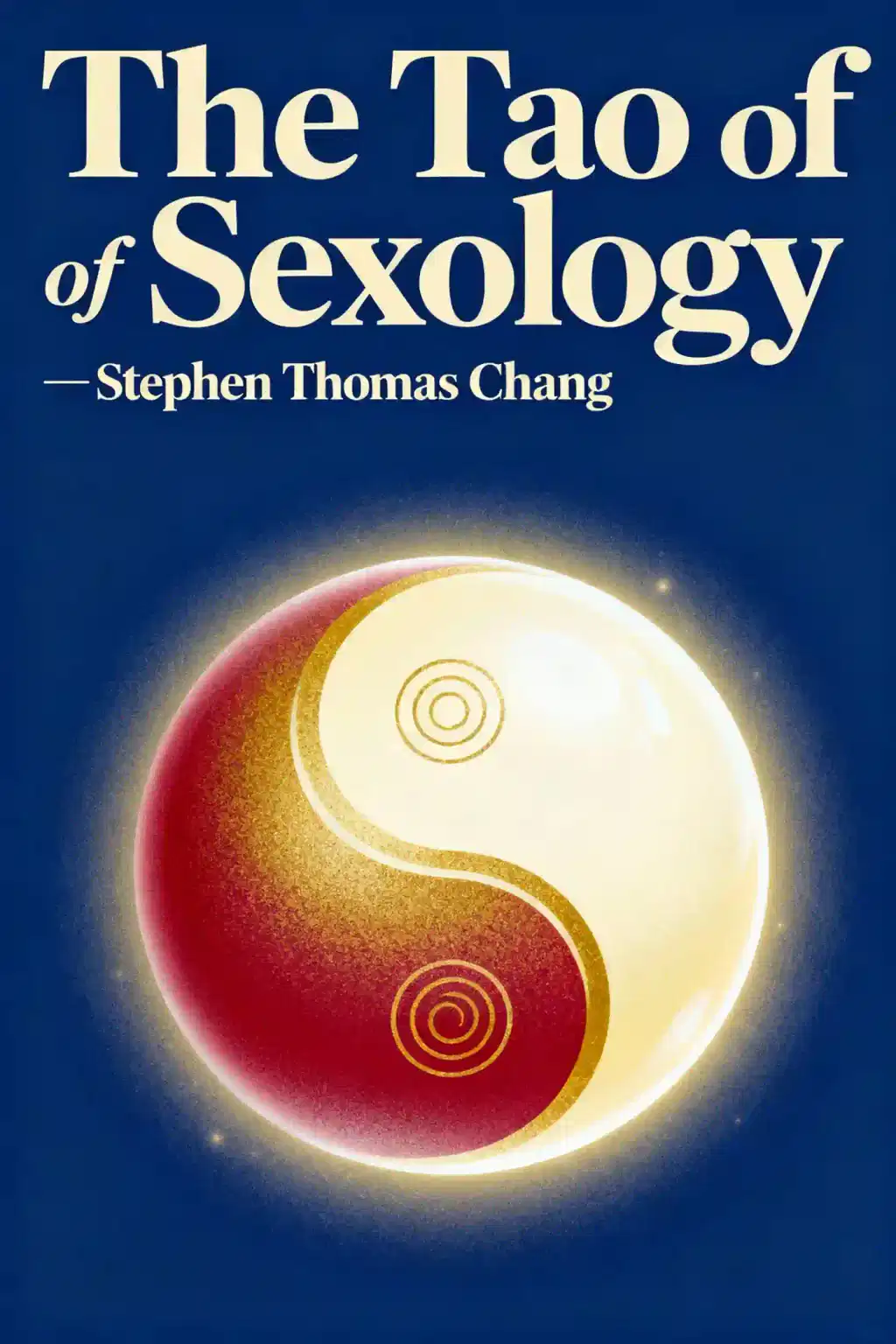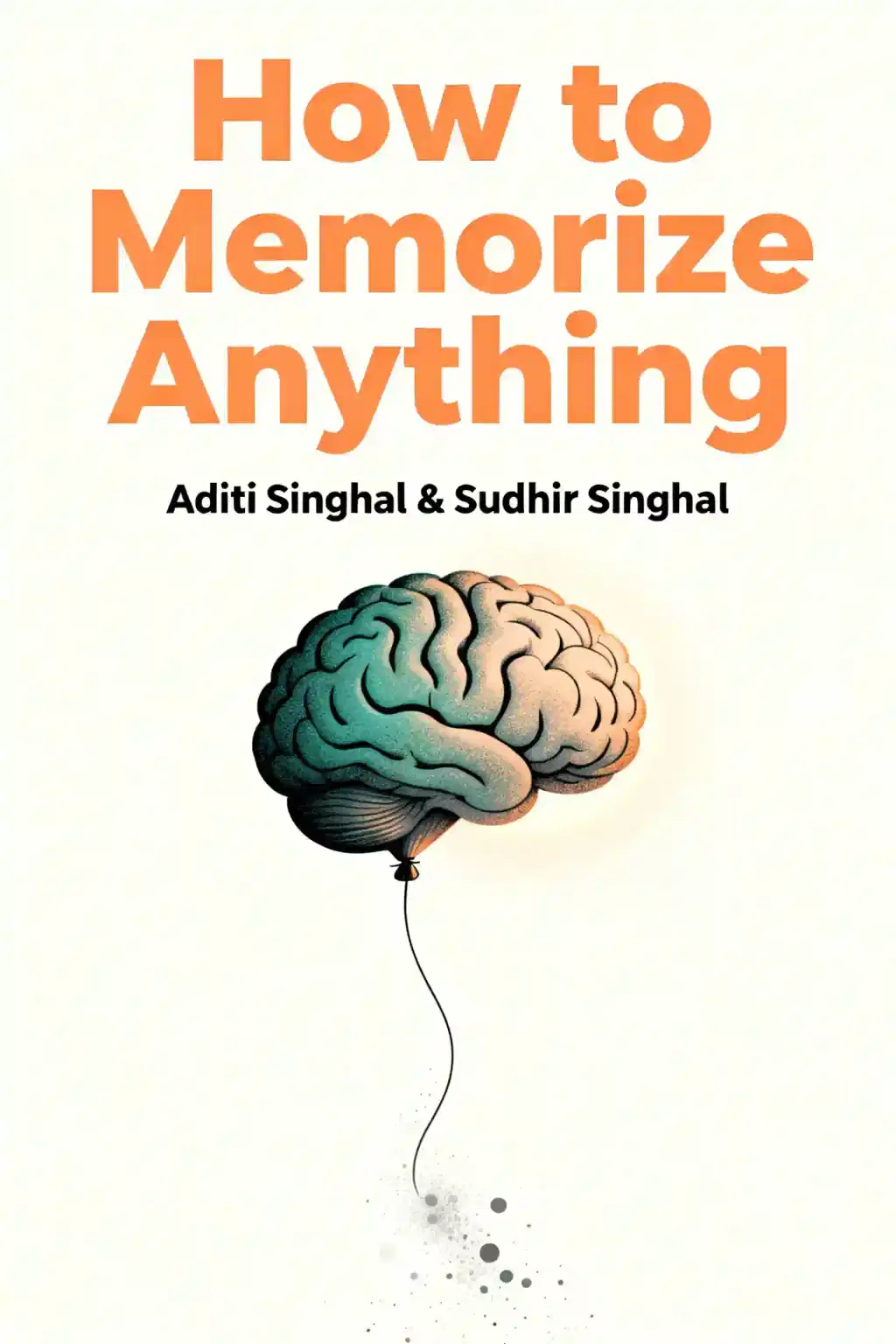What is Better Than Carrots or Sticks about?
Better Than Carrots or Sticks is a classroom management book by Dominique Smith, Douglas Fisher, and Nancy Frey that introduces restorative practices as an alternative to traditional reward-and-punishment systems. The book provides educators with practical strategies for building positive classroom environments through relationship-building, empathy, and proactive approaches that address the root causes of student behavior rather than simply reacting to misconduct.
Who are the authors of Better Than Carrots or Sticks?
Better Than Carrots or Sticks was co-authored by Dominique Smith, Douglas Fisher, and Nancy Frey, three experienced educators and researchers in classroom management and instructional practices. The authors combine their expertise to present evidence-based strategies for implementing restorative discipline in educational settings, drawing on research and real-world classroom applications to help teachers move beyond punitive approaches to student behavior.
Who should read Better Than Carrots or Sticks?
Better Than Carrots or Sticks is essential reading for K-12 educators, school administrators, and instructional coaches seeking to improve classroom management through restorative practices. The book is particularly valuable for teachers frustrated with traditional discipline methods, those working in schools transitioning to restorative justice models, and educators committed to building supportive classroom cultures that prioritize relationships over punishments.
Is Better Than Carrots or Sticks worth reading?
Better Than Carrots or Sticks receives strong recommendations from educators, with most reviewers praising its practical, actionable strategies for positive classroom management. The book excels at providing real-world examples and tools that teachers can implement immediately, though some critics note that sample conversations feel idealistic and the approach requires whole-school support to be fully effective. Despite minor limitations, it offers valuable frameworks for educators seeking alternatives to punitive discipline.
What are restorative practices in Better Than Carrots or Sticks?
Restorative practices in Better Than Carrots or Sticks focus on repairing harm and building relationships rather than imposing punishments for student misbehavior. Dominique Smith and co-authors emphasize understanding the root causes of behavior, teaching social-emotional skills, involving students in finding solutions, and creating classroom environments where students feel valued and respected. These practices include classroom circles, peer mediation, and proactive relationship-building strategies that prevent behavioral issues before they escalate.
What is the main criticism of Better Than Carrots or Sticks?
The primary criticism of Better Than Carrots or Sticks centers on its idealistic portrayal of student interactions and lack of guidance for addressing severe or repeated behavioral issues. Reviewers note that the sample conversations don't reflect how students actually speak, particularly those with disabilities or trauma histories. Additionally, the book's strong critique of suspensions early on may alienate some readers, and the strategies require whole-school implementation rather than individual classroom application to achieve meaningful results.
How does Better Than Carrots or Sticks address classroom circles?
Better Than Carrots or Sticks presents classroom circles as a foundational restorative practice for building community and addressing conflicts proactively. The authors provide step-by-step guidance for facilitating different types of circles, including peacemaking circles and restorative dialogues. However, reviewers note a practical limitation: the book suggests having another trained adult facilitate circles rather than the classroom teacher, which may not be feasible in schools without additional support staff.
What does Better Than Carrots or Sticks say about suspensions?
Better Than Carrots or Sticks advocates for thoughtful, meaningful use of suspensions rather than reflexive punitive responses. Smith, Fisher, and Frey argue that suspensions should be used reflectively as part of a broader restorative approach, not as a default discipline tool. While the book's early critique of suspension practices is strong—potentially making some readers defensive—the authors ultimately promote a balanced view that encourages schools to explore restorative alternatives while acknowledging that suspensions may sometimes be necessary.
How can Better Than Carrots or Sticks improve teacher-student relationships?
Better Than Carrots or Sticks emphasizes that strong teacher-student relationships are the foundation of effective classroom management and positive behavior. The book provides specific strategies for proactive relationship-building, teaching empathy, and creating supportive environments where students feel valued as individuals. By shifting from punitive responses to understanding student needs and involving them in problem-solving, educators can build trust and connection that prevents behavioral issues and supports student growth.
What are the key strategies in Better Than Carrots or Sticks?
Better Than Carrots or Sticks outlines several evidence-based strategies including affective statements, restorative conversations, classroom circles, peer mediation, and proactive relationship-building techniques. The authors provide detailed protocols for offender-defender dialogues, steps for addressing various behavioral situations, and methods for teaching social-emotional skills. These strategies prioritize understanding behavior root causes, repairing harm, and involving students in solutions rather than relying on rewards or punishments to control behavior.
Does Better Than Carrots or Sticks work for elementary students?
Better Than Carrots or Sticks is designed for K-12 settings, but reviewers question whether certain techniques translate effectively to elementary levels, particularly primary grades. Some educators note that while the principles of restorative practices apply across ages, the specific conversation protocols and mediation strategies may need significant adaptation for younger students who lack the verbal and emotional regulation skills portrayed in the book's examples. Success at elementary levels depends heavily on age-appropriate modifications and consistent schoolwide implementation.
What is the difference between punitive and restorative discipline in Better Than Carrots or Sticks?
Better Than Carrots or Sticks distinguishes punitive discipline—which focuses on rule violations and consequences—from restorative discipline, which emphasizes repairing harm and maintaining relationships. Smith, Fisher, and Frey argue that traditional punitive approaches using rewards and punishments create compliance without addressing underlying behavioral causes or teaching students self-regulation skills. Restorative practices instead involve students in understanding impact, taking responsibility, and collaboratively finding solutions that restore trust and prevent future harm.














